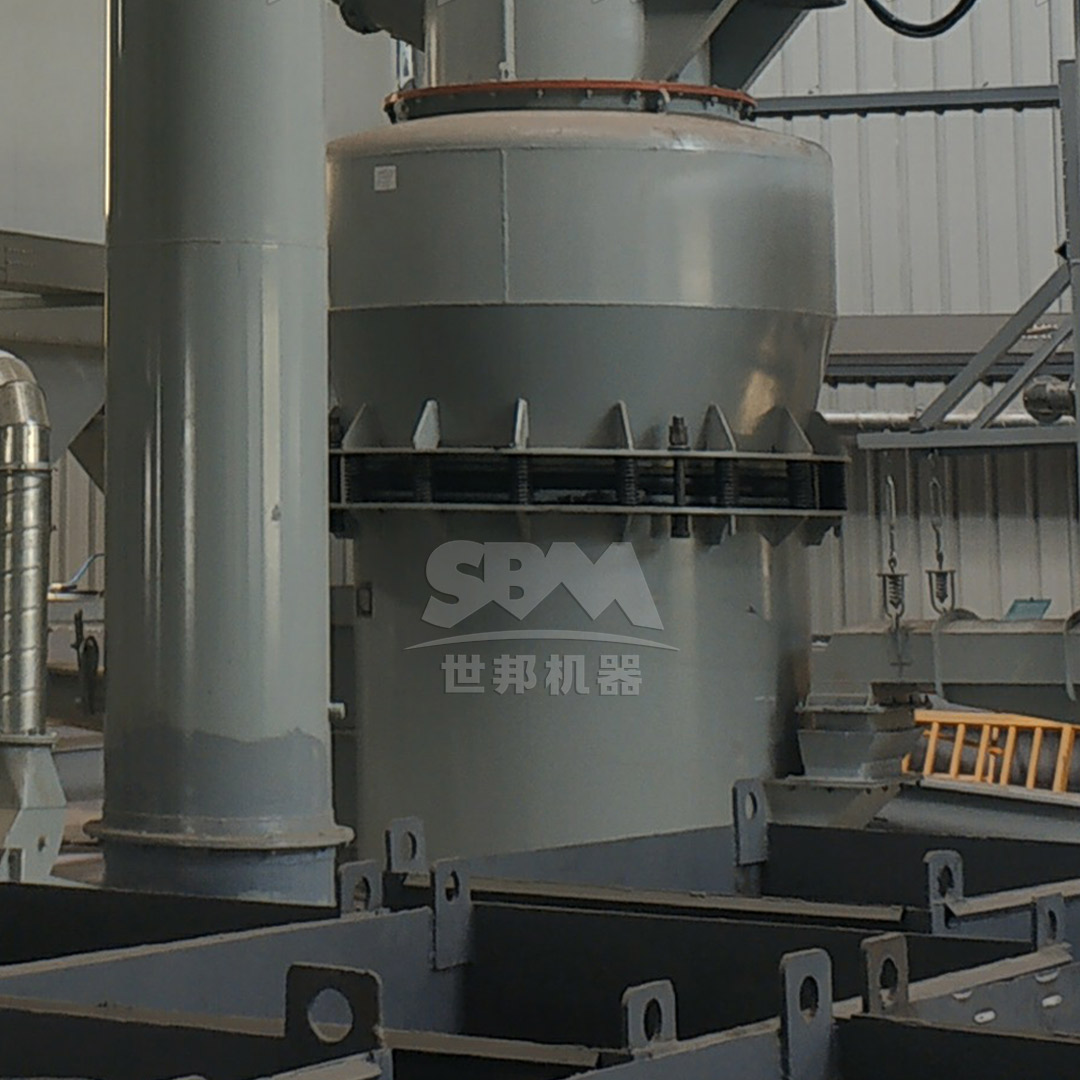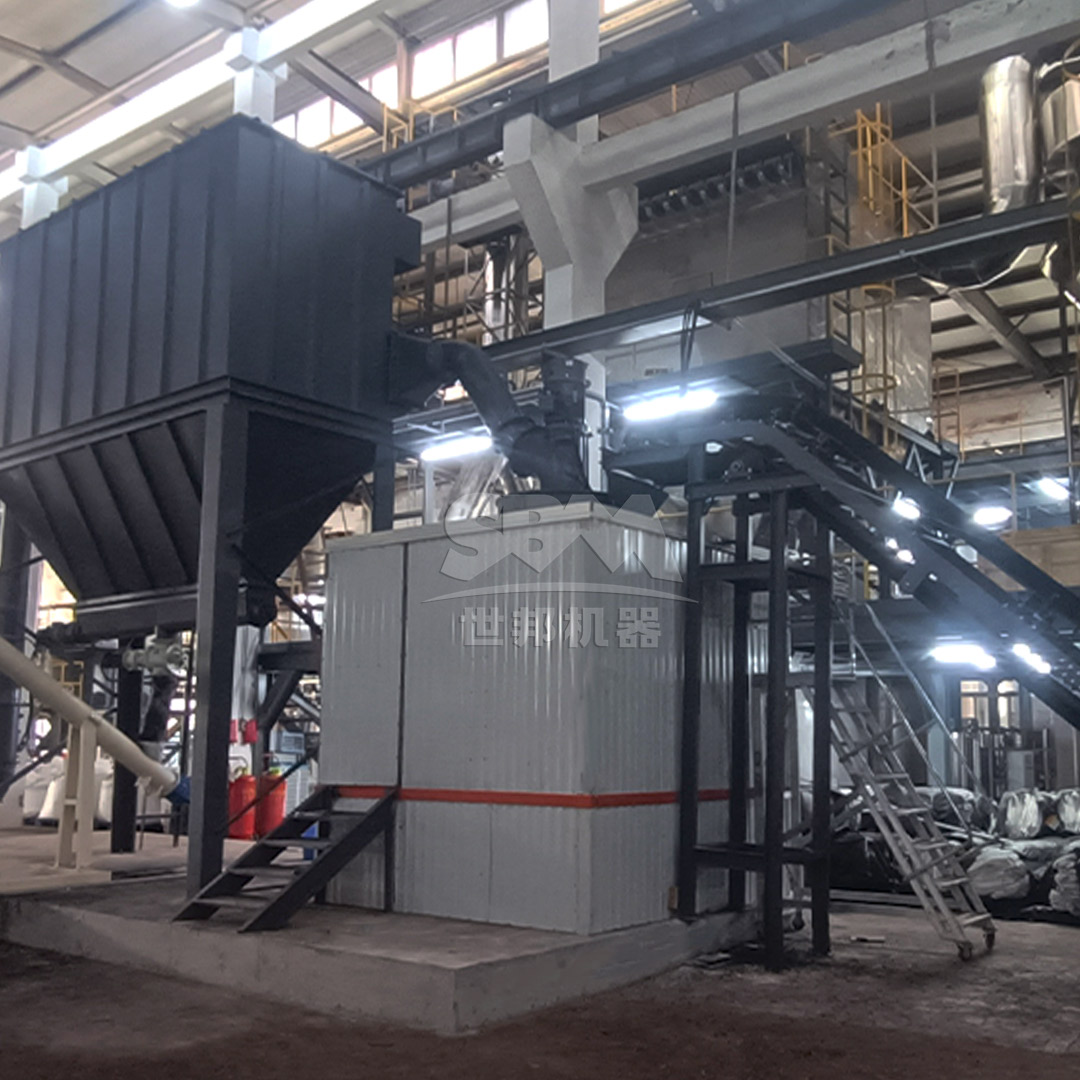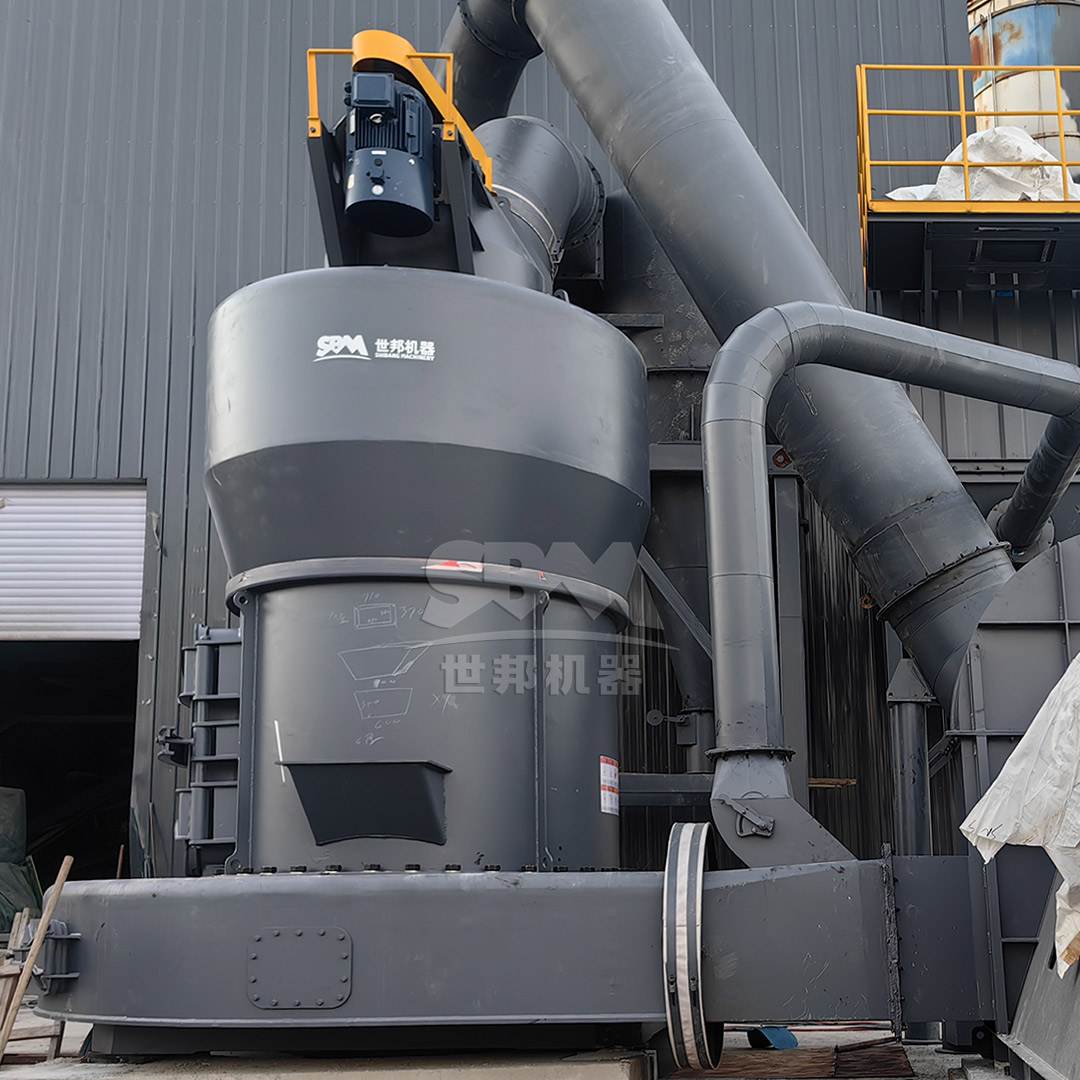Bentonite clay has emerged as a cornerstone material in modern environmental containment systems, serving as a vital component in landfill liners, geosynthetic clay liners (GCLs), slurry walls, and various industrial barrier applications. Its exceptional swelling capacity, low hydraulic conductivity, and self-sealing properties make it indispensable for preventing contaminant migration in soil and groundwater systems. However, the effectiveness of bentonite in these applications is profoundly dependent on achieving optimal particle size distribution and specific surface area through precise grinding processes. This article explores the technological advancements in bentonite grinding plants that enable enhanced environmental performance while addressing sustainability concerns.

The relationship between bentonite particle size and its environmental containment capabilities is well-established in geotechnical literature. Finely ground bentonite exhibits significantly improved swelling characteristics and lower permeability when hydrated. Research indicates that bentonite particles ground to below 10μm demonstrate up to 40% greater swelling capacity compared to coarser fractions. This enhanced performance stems from the increased surface area available for water absorption and the more efficient packing of particles that creates a denser, more impermeable barrier matrix.
Traditional grinding approaches often fail to achieve the narrow particle size distribution required for optimal environmental applications. Over-grinding can generate excessive fines that complicate handling and mixing operations, while under-grinding leaves coarse particles that compromise barrier integrity. The ideal grinding system must therefore provide precise control over the final product specifications while maintaining operational efficiency and environmental compliance.
| Parameter | Standard Range | Premium Grade | Test Method |
|---|---|---|---|
| Particle Size (D97) | ≤45μm | ≤5μm | Laser Diffraction |
| Swell Index (ml/2g) | ≥24 | ≥30 | ASTM D5890 |
| Fluid Loss (ml) | ≤18 | ≤14 | API 13A |
| Methylene Blue (g/100g) | ≥30 | ≥40 | ASTM C837 |
| Hydraulic Conductivity (cm/s) | ≤1×10⁻⁹ | ≤1×10⁻¹⁰ | ASTM D5084 |
Modern bentonite processing facilities require grinding systems capable of delivering consistent product quality while addressing the environmental challenges of dust control, energy consumption, and noise pollution. Several grinding technologies have evolved to meet these demanding requirements, each with distinct advantages for specific applications.
For high-performance environmental applications where maximum swelling capacity and minimal permeability are critical, ultrafine grinding systems offer unparalleled advantages. The SCM Ultrafine Mill series represents a technological breakthrough in this category, specifically engineered to produce bentonite powders in the 325-2500 mesh range (D97≤5μm). This equipment achieves remarkable energy efficiency, delivering approximately 30% lower energy consumption compared to conventional jet mills while providing twice the production capacity.
The technological superiority of the SCM Ultrafine Mill stems from its innovative design features. The vertical turbine classifier enables precise particle size control, ensuring consistent product quality without coarse particle contamination. The wear-resistant grinding components, manufactured from special alloy materials, demonstrate significantly extended service life, reducing maintenance frequency and associated downtime. Furthermore, the integrated pulse dust collection system exceeds international environmental standards, while the acoustic enclosure design maintains operational noise levels below 75dB – a critical consideration for plants operating in proximity to residential areas.

For bentonite processors targeting the environmental containment market, the SCM800 and SCM1000 models offer particularly compelling specifications. The SCM800 provides processing capacities of 0.5-4.5 tons per hour with a 75kW main motor, while the SCM1000 increases throughput to 1.0-8.5 tons per hour with a 132kW power configuration. Both models accept feed material up to 20mm and deliver the consistently fine product specifications required for premium environmental applications.
For large-scale bentonite processing operations supplying major containment projects, the MTW Series Trapezium Mill delivers exceptional performance across a range of 30-325 mesh (45-600μm). This European-designed technology incorporates several proprietary advancements including anti-wear shovel blades, curved air channels that minimize energy loss, and an integrated bevel gear transmission system achieving 98% mechanical efficiency.
The MTW Series demonstrates particular strengths in processing natural sodium bentonite, which often presents challenges due to its higher hardness and fiber content. The combination of wear-resistant components and optimized grinding geometry ensures consistent performance even with varying feed material characteristics. Models such as the MTW175G and MTW215G offer processing capacities of 9.5-25 tons/hour and 15-45 tons/hour respectively, making them ideal for operations supplying large-scale environmental projects such as landfill liners and reservoir seals.
Beyond product performance, modern bentonite grinding plants must address their own environmental footprint through comprehensive dust management, noise control, and energy efficiency measures. Advanced grinding systems incorporate multiple technologies to minimize environmental impact while maintaining operational efficiency.
Bentonite dust presents significant challenges due to its fine particle size and potential respiratory hazards. State-of-the-art grinding plants employ multi-stage dust collection systems typically comprising cyclone separators for primary collection followed by pulse-jet baghouse filters for final polishing. The integration of these systems directly into the grinding equipment, as demonstrated in both the SCM and MTW series, ensures dust emissions remain below 20mg/m³ – well within most international regulatory limits.
Grinding operations typically account for 60-70% of the total energy consumption in bentonite processing. Technological advancements in motor design, transmission systems, and classifier efficiency have dramatically reduced the specific energy consumption of modern grinding plants. The implementation of frequency converters, high-efficiency motors, and optimized grinding geometries can reduce energy requirements by 30-40% compared to conventional systems, significantly lowering the carbon footprint of the finished bentonite products.

Maximizing the environmental performance of bentonite grinding operations requires a holistic approach that integrates equipment selection, process control, and quality assurance methodologies.
Modern grinding plants increasingly employ integrated automation systems that continuously monitor and adjust operational parameters to maintain optimal product quality. These systems typically include online particle size analyzers, moisture sensors, and automated feedback loops that adjust classifier speed, feed rate, and grinding pressure in response to real-time quality measurements. The implementation of such systems can reduce product quality variations by up to 70% while minimizing operator intervention requirements.
Given the critical nature of environmental containment applications, rigorous quality control protocols are essential. Advanced grinding facilities implement comprehensive testing regimens that include not only particle size distribution analysis but also performance-based tests such as swell index measurements, hydraulic conductivity testing, and chemical compatibility assessments. The integration of rapid analytical techniques enables real-time process adjustments to ensure consistent product performance.
The evolution of bentonite grinding technology continues to address the increasingly demanding requirements of environmental applications. Emerging trends include the development of hybrid grinding systems that combine multiple comminution principles, advanced sensor technologies for real-time quality monitoring, and machine learning algorithms for predictive maintenance and process optimization. Additionally, the growing emphasis on circular economy principles is driving innovation in energy recovery systems and water recycling within grinding operations.
As regulatory standards for environmental containment become more stringent and project specifications more demanding, the role of advanced grinding technology in enabling compliance will only increase. Bentonite processors who invest in state-of-the-art grinding systems position themselves to capitalize on the growing market for high-performance environmental materials while demonstrating leadership in sustainable manufacturing practices.
The optimization of bentonite grinding plants represents a critical pathway to enhanced environmental containment systems. Through the implementation of advanced grinding technologies such as the SCM Ultrafine Mill and MTW Series Trapezium Mill, processors can achieve the precise particle specifications required for maximum swelling capacity and minimal permeability in barrier applications. Furthermore, modern grinding systems address the environmental challenges of dust control, noise pollution, and energy consumption through integrated engineering solutions. As the demand for reliable environmental protection grows, continued innovation in bentonite grinding technology will play an essential role in safeguarding soil and water resources for future generations.